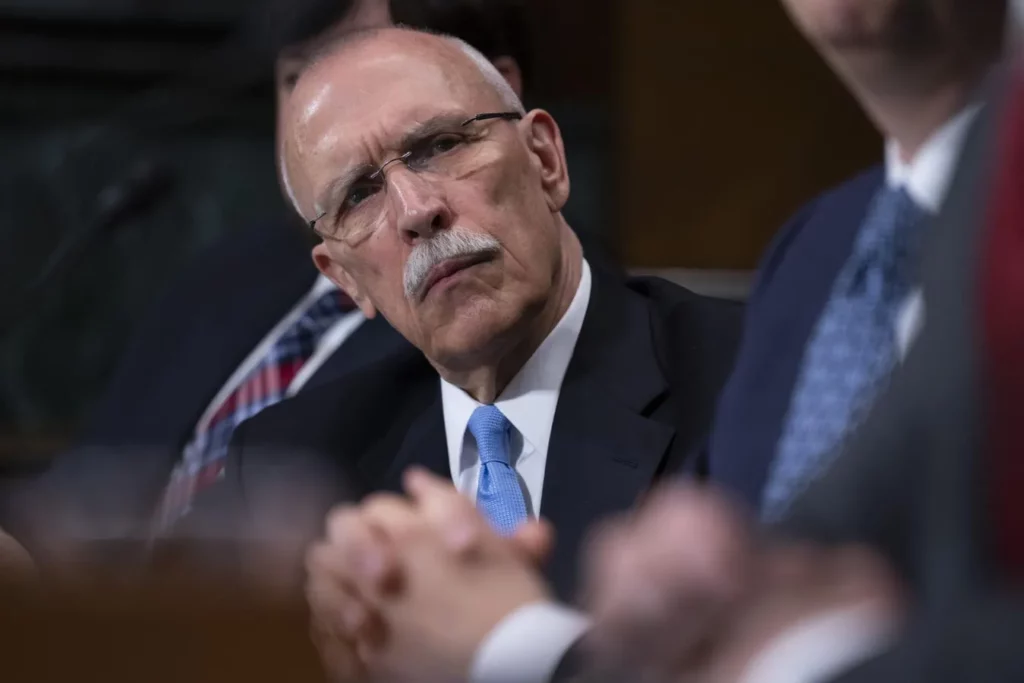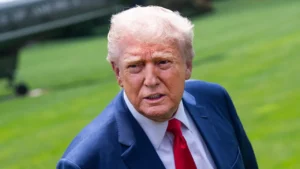
Is the 119th Congress Ready to Act?
Drug patent reform has been a contentious issue in Washington for years, with advocates pushing for changes to curb the high prices of brand-name medications. Despite repeated promises and bipartisan support, meaningful reforms have stalled time and again. However, as we move into the 119th Congress, there is growing optimism that progress may finally be made.
The data is stark: between 2005 and 2015, a whopping 74% of new drug patents issued were for drugs already on the market. Moreover, nearly 80% of the top-selling drugs examined in a separate study received additional patents to extend their monopoly period beyond what was originally intended. This has led to lengthy monopolies that prevent generic and biosimilar competitors from entering the market, resulting in exorbitant prices for American patients.
The patent system is meant to reward innovation by allowing drug companies to sell new medications and precluding other manufacturers from making generic versions for a set period. Once the patent expires, generics are allowed on the market, often at a substantially lower list price than the brand-name drug. However, pharmaceutical companies have found ways to circumvent this system by “evergreening” their patents, extending their monopolies through small tweaks to their drugs.
The industry’s response has been to argue that reform isn’t necessary, citing the fact that over 90% of prescriptions in the U.S. are for generics or biosimilars. However, critics contend that this is a misleading figure, as it only measures prescriptions filled and not actual sales data. They point out that many branded drugs continue to dominate market share due to their sustained monopolies.
Despite the lack of progress, lawmakers have continued to push for reforms. Democratic and Republican Senators have repeatedly debated and taken steps aimed at curbing what they view as abuses of the system, ways in which drug manufacturers manipulate the patent system. The goal is to foster a more competitive market where generics and biosimilars can enter earlier.
In recent weeks, the Senate Judiciary Committee advanced six bills addressing drug pricing, several of which aim to revamp the patent system and target “anti-competitive practices.” These include measures targeting “patent thickets” and “product hopping,” tactics used by pharmaceutical companies to prevent competition from entering the market. Additionally, two bills aimed at improving access to generic drugs were moved forward, including one that limits “pay for delay” deals and another that deters drug manufacturers from filing “sham citizen petitions” that may impede generic approvals.
It’s unclear whether this time will be different from past efforts. Late last year, the Senate Judiciary Committee delayed voting on two bipartisan drug patent reform bills in the 118th Congress due to concerns about the extent of the proposals. Alternatively, some lawmakers may have felt that the measures didn’t go far enough for patient advocates and generic manufacturers.
What is noteworthy is that this time around the Committee has voted to advance their plans, reintroducing them as two separate bills. Will these efforts finally bear fruit? Only time will tell.
Source: https://www.forbes.com/sites/joshuacohen/2025/04/06/drug-patent-reforms-been-postponed-repeatedly-is-the-119th-congress-ready-to-act/


